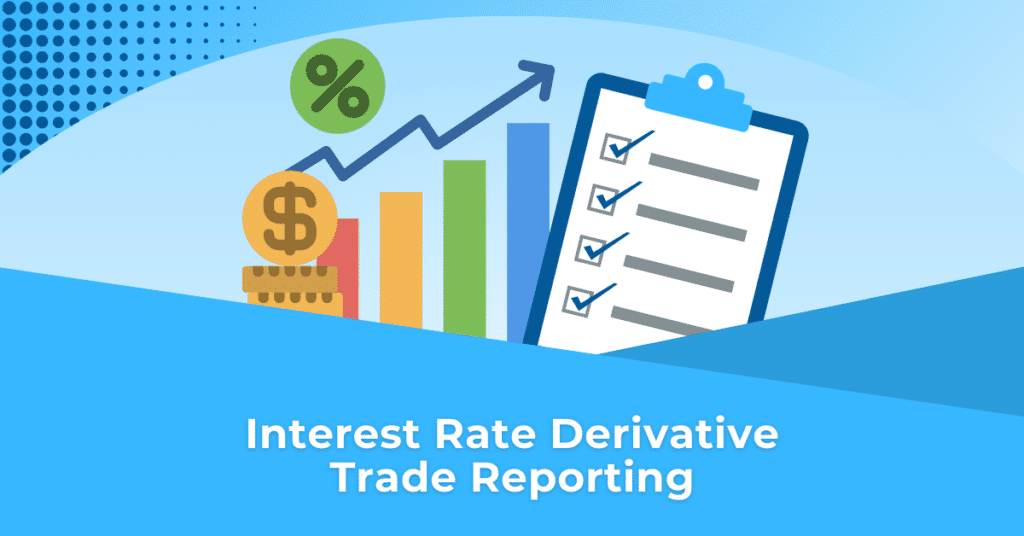EMIR Reporting of the ‘Stock Split’ Corporate Event

What is a Stock Split? Stock splits typically occur when a company’s share price has risen to a level that may be perceived as too high or inaccessible for new investors entering into the market. To address this, a company may increase the number of its outstanding shares by dividing existing shares into multiple new […]
Virtual Power Purchase Agreements (VPPAs)

A Virtual Power Purchase Agreement (VPPA) is an instrument that closely follows the financial settlement terms of a Contract for Difference (CFD). In a traditional PPA, the generation and delivery points must be specified and agreed by both parties. Whereas under a VPPA, there is more flexibility which has led to an increased popularity for these agreements in the broader market.
How do the end of year holidays affect your trade reporting?

Public holidays and bank holidays can have a major impact on trade and transaction reporting requirements, especially if you are an entity operating under multiple regimes. When there is a public holiday where the regulatory body (or regulated entity) is located, it is likely that the timing of report submissions will be extended commensurately. […]
Interest Rate Derivative Trade Reporting

What is an interest rate derivative (IRD)? An interest rate derivative (IDR) or swap is a contract between two parties that agree to exchange interest payments based on fixed and floating interest rates. IRDs are typically forward contracts where the specific term dates and prices can be customised according to the arrangement. They are predominantly […]
Meet the team: Nicole Nguyen

How did Nicole find herself at TRAction? Before joining TRAction, Nicole worked for a media agency as a Social Media Analyst, where she managed social media performance analysis and reporting for major US entertainment clients such as Disney and Warner Brothers. After gaining some analytical experience in the marketing industry, Nicole wanted to transition into […]
Unique Product Identifiers – ANNA DSB & the UPI

The Unique Product Identifier (UPI) is a new field and a component of the common data elements (CDE) which will apply for EMIR Refit, UK EMIR Refit, ASIC and MAS rewrite.
TRAction’s Easy Guide to LEIs

A Legal Entity Identifier (LEI) is a 20-digit alpha-numeric code based on the standard developed by the International Organization for Standardization (ISO).
EMIR Refit: Impact on Power Purchase Agreements (PPAs) Reporting

EMIR Refit marks a new era of regulatory oversight in the derivatives markets. Among its numerous amendments, EMIR Refit introduces crucial changes which will affect the reporting of existing Power Purchase Agreements (PPAs).
LEI Status Requirements – which may lapse, and which require renewal?

There are certain fields within the reporting regimes of EMIR, MiFIR, SFTR, ASIC, MAS and Canada, that require populating with a legal entity identifier (LEI). All LEIs for these reporting regimes must be valid and included in the GLEIF database. (For more information on ISO 17442 see GLEIF’s website). As a general overview: for new […]
UPIs – what information is needed to search/create a UPI?

The Unique Product Identifier (UPI) is a code used for OTC derivatives that are reported to a trade repository – their purpose is to help identify the relevant OTC derivative. UPIs are now required across EMIR, ASIC, and MAS, following the go-live of the UK and EU EMIR Refits, and the ASIC and MAS Rewrites. […]